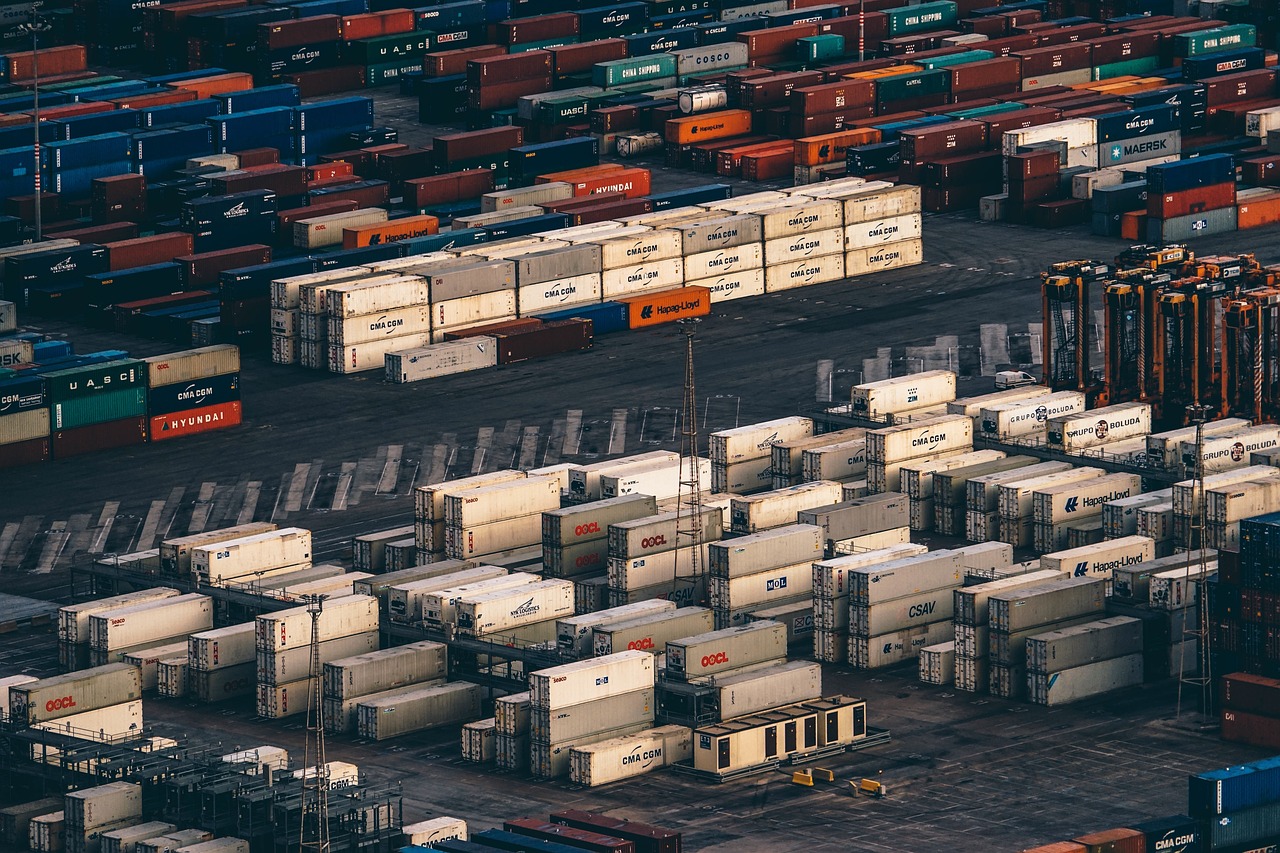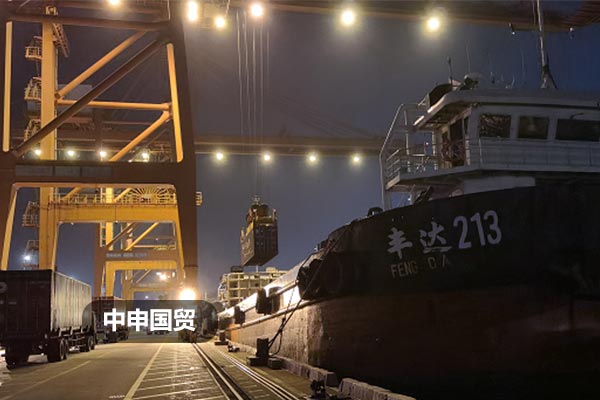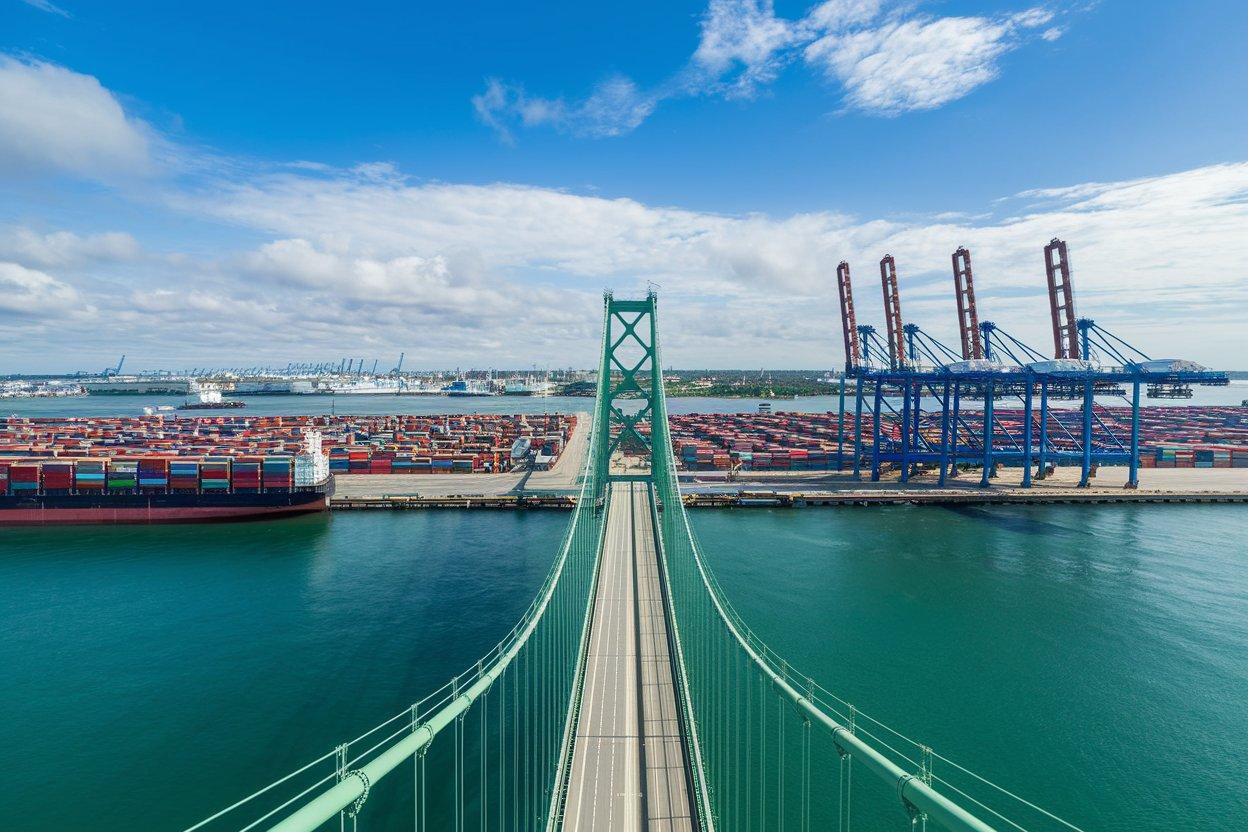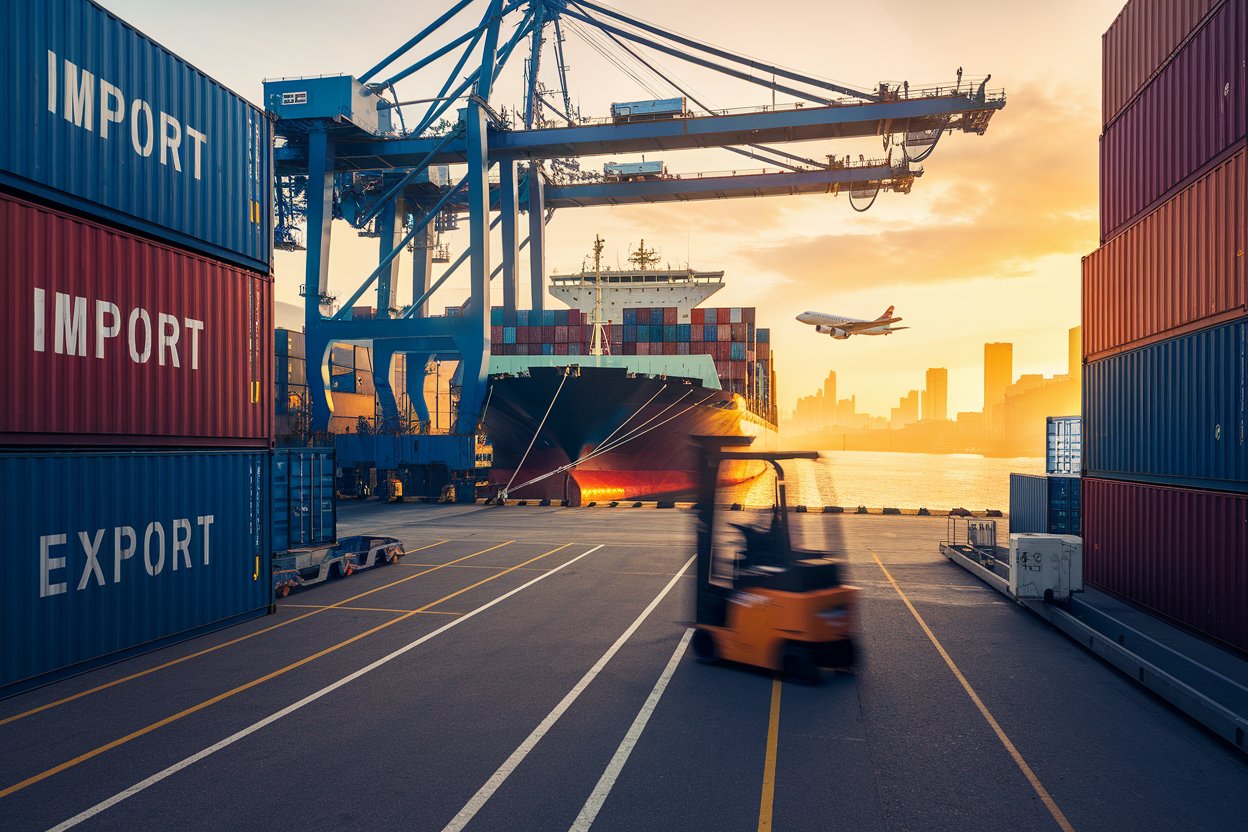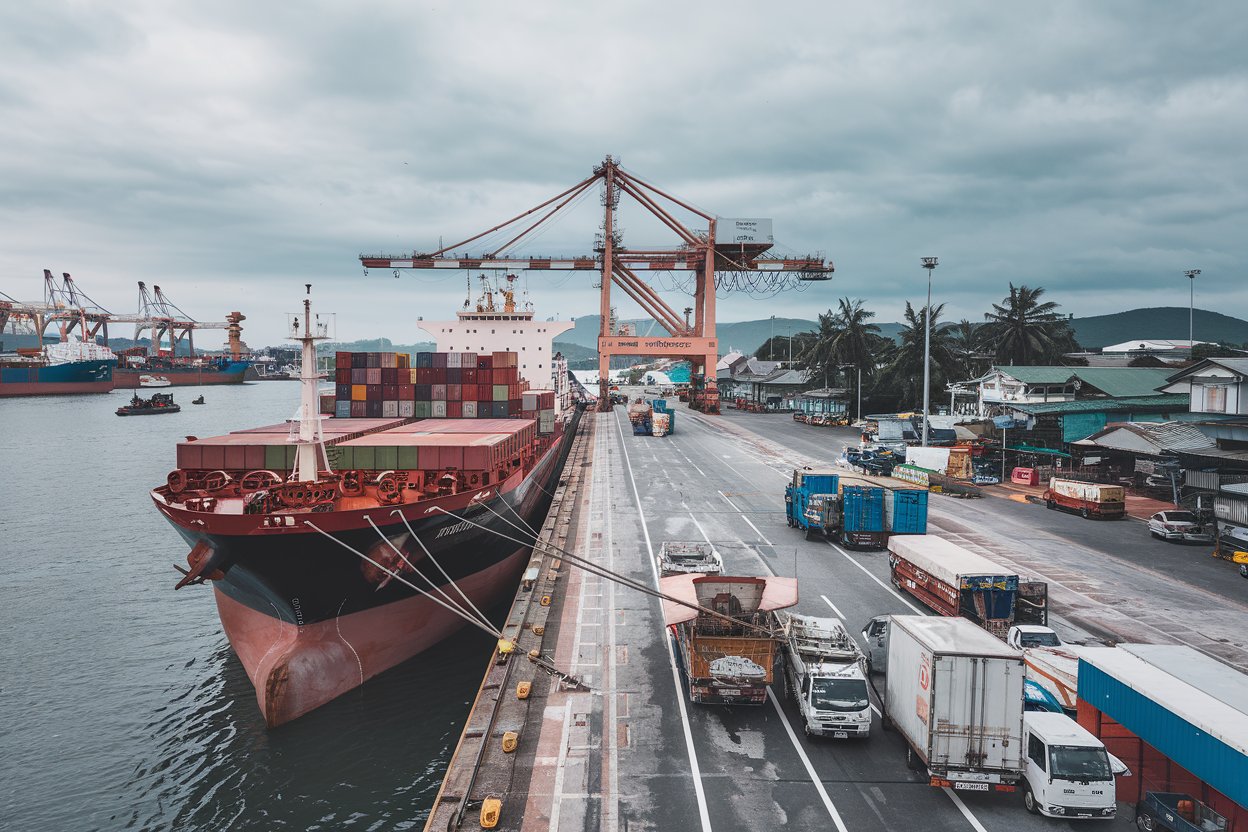- Shanghai Zhongshen International Trade Co., Ltd. - Two decades of trade agency expertise.
- Service Hotline: 139 1787 2118
Responsibilities and cargo ownership transfer under EXW terms
EXW (Ex Works) is a common trade term in international trade. According to the International Commercial Terms (Incoterms), the sellers (manufacturers) obligation is limited to delivering the goods to the buyer or their designated carrier at the specified location (usually the factory or warehouse). Once the goods are loaded, ownership transfers to the buyer, who assumes all subsequent transportation, customs clearance, and risks.
However, in practice, if the manufacturer declares customs under their own name or is required to provide a telex release letter, the responsibility boundaries may become blurred, adding additional obligations.
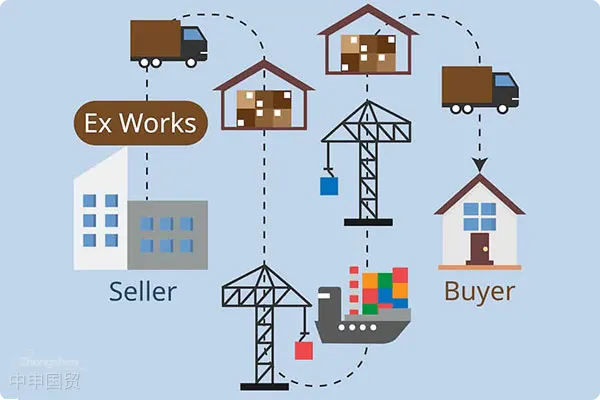
The meaning of telex release letters and conventional responsibility attribution
A telex release letter is a written document issued by the shipper to the freight forwarder or shipping company, authorizing the electronic release of goods to the consignee, typically used as an alternative to physical bill of lading handover.
Under EXW terms, the manufacturer theoretically does not participate in transportation arrangements, and the responsibility for the telex release letter should fall on the buyer or their designated freight forwarder. However, when the manufacturer declares customs under their own name, the freight forwarder may require the manufacturer to issue the letter to ensure compliance with the cargo release process.
Case analysis: The rationality and risks of manufacturers issuing telex release letters under EXW terms
Assume you are a manufacturer using EXW terms. After the goods are loaded, ownership has transferred, but due to the designated freight forwarders request, you declare customs under your own name and are required to issue a telex release letter with the content: Our company applies for the telex release of the above goods to the above consignee, and all resulting responsibilities and risks shall be borne by our company.
Rationality analysis:
- If the bill of lading is issued under the manufacturers name, the freight forwarders request for the shipper to issue the letter is part of the normal process, as the shipper needs to confirm the cargo release intention in writing.
- However, under EXW terms, ownership has already transferred to the buyer, and the manufacturer should not need to intervene in transportation or cargo release. This requirement may stem from a mismatch between the customs declaration title and actual responsibilities.
Risk points:
- Expanded responsibility:The phrase all responsibilities and risks in the letter may cause the manufacturer to bear risks such as transportation, customs clearance, or cargo loss that are not part of EXW obligations.
- Title conflict:If the bill of lading is issued under the buyers name while customs are declared under the manufacturers name, it may lead to customs disputes, with the freight forwarder using this to shift responsibility.
- Unsettled payment:If payment has not been fully received, issuing the letter may result in the manufacturer releasing the goods without being able to recover the payment.
Risk avoidance suggestions
To avoid unnecessary responsibilities and losses, manufacturers can take the following measures:
- Ensure payment security:Confirm full payment receipt before cooperating with issuing the letter to reduce financial risks.
- Clarify the content of the letter of guarantee: Negotiate with the freight forwarder to modify the wording of the letter of guarantee, for example, change it to only authorized to release the goods electronically, not responsible for transportation and subsequent liabilities, to limit the scope of responsibility.
- Verify the title of the bill of lading: If the title of the bill of lading is the buyer, it is recommended that the buyer or their freight forwarder issue the letter of guarantee to avoid the manufacturers involvement.
- Optimize Customs Procedures: If conditions permit, it is recommended that the buyer declare customs under their own name, with the manufacturer only providing necessary customs clearance documents, adhering to the minimum responsibility principle of EXW.
- Weigh customer relationships: If the payment has been fully received and the risk is controllable, you may consider issuing a letter of guarantee to maintain cooperation, but a careful assessment is required.
Conclusion
Under EXW terms, the manufacturer is not required to issue a letter of guarantee for electronic release of goods in principle after the transfer of ownership. However, if required to cooperate due to practical needs such as customs declaration titles, the manufacturer should ensure full payment has been received, clarify that the letter of guarantee is only for authorization to release goods, and fully communicate with the freight forwarder and buyer to avoid assuming responsibilities beyond EXW obligations. Through reasonable operations, risks can be avoided while maintaining customer relationships.
Related Recommendations
Learn
Get in Touch
Email: service@sh-zhongshen.com
Related Recommendations
Contact via WeChat

? 2025. All Rights Reserved. Shanghai ICP No. 2023007705-2  PSB Record: Shanghai No.31011502009912
PSB Record: Shanghai No.31011502009912
